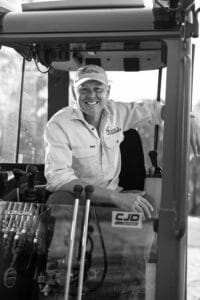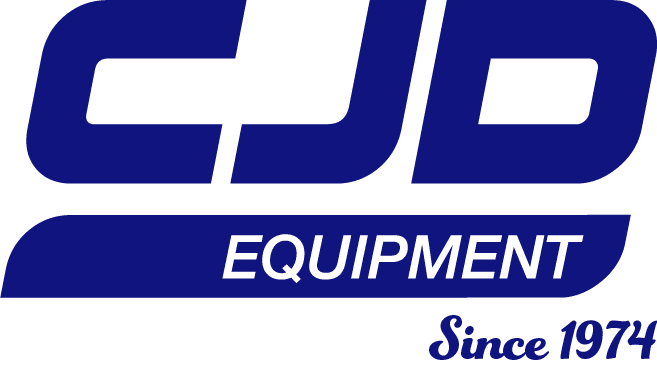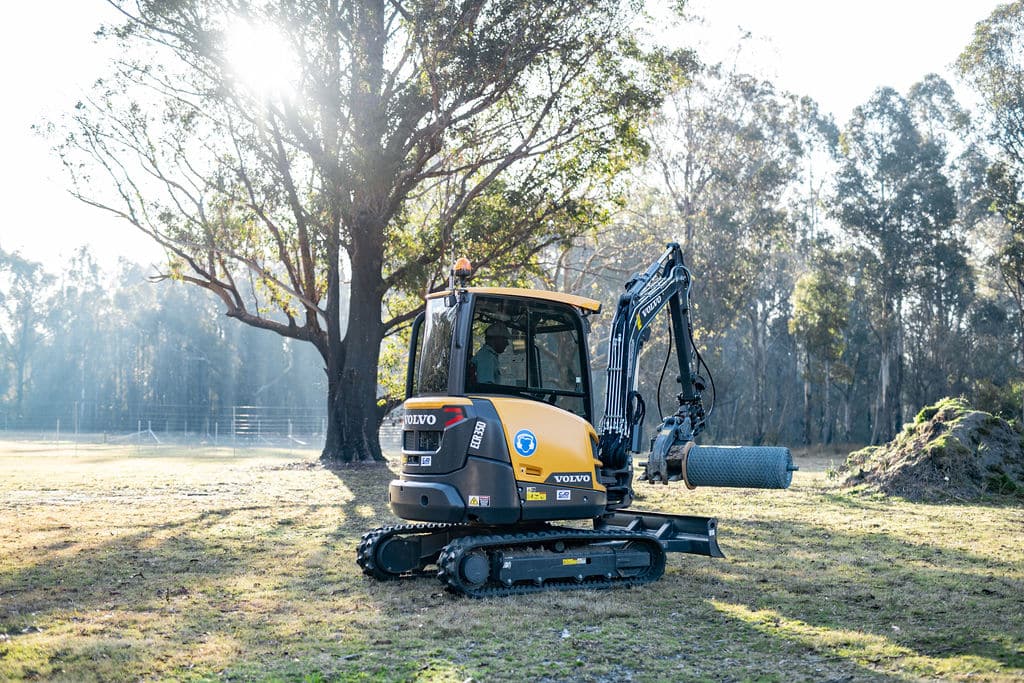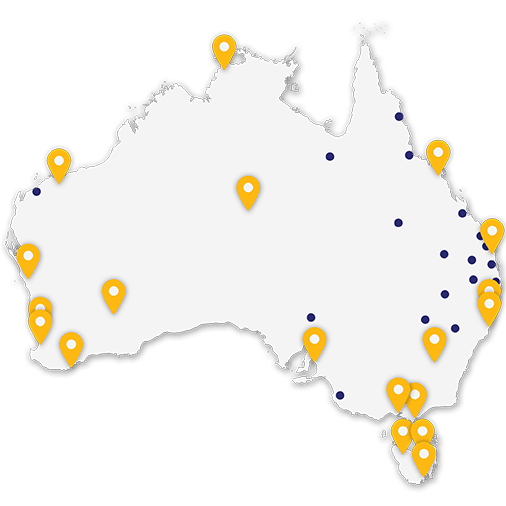Quoll Headquarters is a 160ha private nature reserve located about 15km north of Tenterfield, New South Wales. A fenced sanctuary amongst granite boulders and old growth forest, it protects many endangered species and the habitat they live in. It is also the home of Australia’s apex mainland marsupial predator, the spotted-tailed quoll. “Quolls are stealthy, cantankerous carnivores that rule the ecosystem here,” owner Steve Haslam, Quoll Headquarters explains.
Quoll Headquarters is recognised and registered by the NSW Government Biodiversity Conservation Trust with a Conservation Agreement, which ensures the permanent protection and conservation of the reserve in perpetuity.
“Essentially, the plants, animals and habitat of Quoll Headquarters have been protected forever, under law. Nature conservation is close to my heart, and it is something we work hard at here, so that protection is very important,” Haslam adds.
Haslam bought Quoll Headquarters in 2000 and conservation has always been the primary goal, but, in the wake a ‘mega fire’ in 2019, they decided to open the reserve to the public.
“When the fire came through it certainly changed our perspective on what we can do with the property and what is important,” Haslam continues. “We take primary and secondary school groups through the reserve; we also do private tours, which are more bespoke. It is an ‘in the field’ education platform.
We go around and show people what we do: the survey work, as well as tracking and tracing particular animals so they can see the animals in their wild state. This is not a zoo – everything is completely wild.”
“Quoll Headquarters is all within a predator-proof fence, which means we can really work on population dynamics of different species,” he says. “Managing and controlling feral animals and weeds is an on-going challenge; similarly, bushfires are a risk that needs to be managed. For these reasons, we recently approached CJD Equipment to get a little excavator to help us manage some of these challenges.”
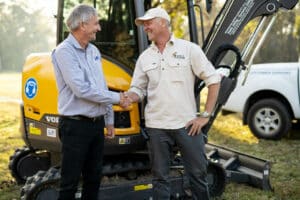
The Volvo ECR35D compact excavator is a short swing radius machine designed to work with power and precision in tight spaces. It is the ‘perfect’ machine for performing the day-to-day tasks around Quoll Headquarters, including habitat construction, conservation fencing and fire trail maintenance, according to Haslam.
Quoll Headquarters have recently completed a major koala conservation project and the Volvo ECR35D compact excavator played an integral role.
“Koalas are in a heap of trouble in Queensland and New South Wales. They will be extinct in the wild here within the next 20 years unless there are some major projects done for them,” Haslam relates. “One of the biggest threats to koalas is their mums either get hit by a car or attacked by a dog and then you are left with this little joey koala. There are a few very experienced, very skilled wildlife carers that can raise a koala from that level, but it still takes a year or a year and a half before the koala is ready for release.
“But when that koala is ready for release it has often never climbed a tree before and it has never felt rain on its head – it has lived indoors in a port-a-cot or in an aviary for all that time. So, you have this very valuable animal that ultimately just gets released beside a road somewhere – amongst predators and cars – and it has not experienced the bush before and does not know what to do,” he says.
The staff at Quoll Headquarters used the Volvo ECR35D compact excavator to build a completely predator-proof enclosure – not even the quolls can get in.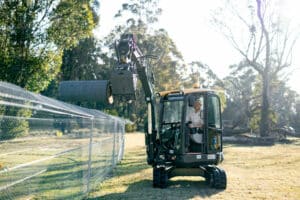
“We have these large, heavy rolls of mesh that we use to construct these enclosures and we just would not be able to get them up without the Volvo excavator. It has just been awesome,” Haslam beamed.
The enclosure is a large area of typical New England habitat with a wide variety of tree species. The koalas can explore the area, protected from the threatening factors that have put them on the endangered species list.
“They can learn how to be a koala in that safe area. When they do not want anything to do with us and they are high up in the trees and they are eating the leaves they prefer, then we just open the gates so they can leave these predator-free areas inside Quoll Headquarters.”
“They are still within the feral animal free area of the wider sanctuary, but they now have to learn to compete with things like quolls, which predate from koalas. We still want some predation pressure on them, but we do not want all that pressure from foxes and dogs and everything else. We want them to slowly learn – that is the general idea,” he explains.
Haslam remarks that he does not have a huge amount of experience with excavators, so it is important that it is intuitive and easy-to-use. The machine’s state-of-the-art hydraulic system is perfectly matched to the Volvo engine delivering high performance, fast response times and smooth operation. The ergonomic, comfortable controls are easy to understand, while the responsive fingertip controls enhance ease of operation.
The short front and rear radius of the ECR35D ensures safe and easy operation within a confined space. The swing post and cylinder stay within the tracks when in an offset position, avoiding the risk of damaging the machine and surrounding environment when working alongside obstacles.
“Obviously, with conservation as our primary goal, it is important that whatever machine we use in the sanctuary does not damage the surroundings, so the fact that the Volvo ECR35D compact excavator has been designed to operate in tight spaces is a major benefit for us.”
To learn more about Quoll Headquarters and their amazing conservation work visit: Quoll Headquarters Wildlife Reserve Tenterfield
